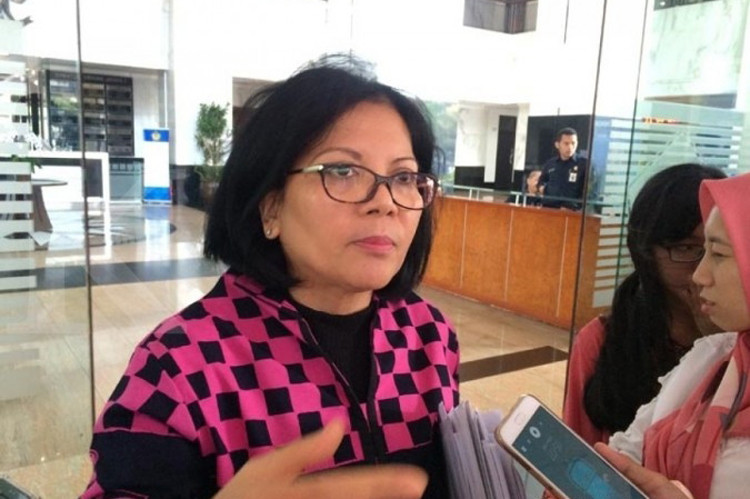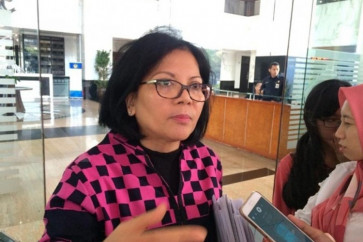Popular Reads
Top Results
Can't find what you're looking for?
View all search resultsPopular Reads
Top Results
Can't find what you're looking for?
View all search resultsUnlocking potential of diaspora bonds
Researchers have found that diaspora bonds work better when they are long-dated, fixed interest rate securities that can be redeemed only at maturity.
Change text size
Gift Premium Articles
to Anyone
T
he government is planning to issue diaspora bonds in 2020, according to Luky Alfirman, director general of debt and risk management at the Finance Ministry. Luky said the issuance of such bonds aimed to widen the Indonesian investor base and diversify existing instruments. This instrument will be issued in a form of electronic bonds (eSBNs). It all comes down to the question of whether Indonesia will eye success in issuing diaspora bonds.
Diaspora bonds are known as fixed income securities issued by countries that want to borrow money from nationals living abroad. They function like any other bonds and are open to all investors but have historically specifically targeted members of the diaspora. Researchers have found that diaspora bonds work better when they are long-dated, fixed interest rate securities that can be redeemed only at maturity.
According to the Asian Development Bank (ADB), more than 250 million people, or around 3 percent of the world population, live and work outside of their country of origin. The total remittance flows from migrants around the world is estimated to have exceeded US$600 billion in 2015. In Asia and the Pacific, remittances amounted to $223 billion in 2014, almost 10 times the $25 billion spent that year on official development assistance in the region.
With this huge volume of remittances, countries could be more open to the idea of maximizing remittances’ potential to support development. In many countries, including Indonesia, remittances are traditionally spent on consumption, basic family needs and help with emergency expenses. If the government provides a productive investment like diaspora bonds, more money will stay in the national financial system.
India and Nigeria have shared similar success stories in issuing diaspora bonds. According to ADB, India has successfully issued diaspora bonds and raised a total of $32 billion in three issues.
India sold five-year maturity rupee-denominated bonds in 1991, 1998 and 2000 exclusively to non-resident Indians. Diaspora bonds helped the Indian government control large trade deficits, high inflation, devaluation of currency and generally a large-scale deficit.
Nigeria first issued $100 million in diaspora bonds in 2013. The government then decided to issue second diaspora bonds under its 2016-2018 borrowing plan. At their second issuance, Nigeria registered its bonds with the United States Securities and Exchange Commission.


















